This is the third semester the news service and my JOUR 1550 students will team to pursue community journalism in Milwaukee. Based on the successes and lessons learned from the first time in fall 2011, students from last semester's class said they found their NNS projects to be among their biggest learning experiences.
As editor and project director, McGowan also noted that the news service has earned national recognition and support. It includes a regional Edward R. Murrow Award from the Radio Television Digital News Association, and a $192,000 two-year grant from the John S. and James L. Knight Foundation, matched by grants from two Milwaukee foundations. The grants will allow NNS to expand its coverage area to 12 more local neighborhoods, she said.
McGowan had the class watch and discuss a compelling NNS multimedia package about young mothers organizing to create children's activities on Milwaukee's North Side. "What makes it a good story?" McGowan asked. Student Alexandra Whittaker replied, "Even if I don't know their story, I can understand where (they're) coming from." The editor agreed and added, "The reason I like this story is because it exemplifies the kind of story we want to do."
Another student, Monique Collins, is interning at the news service this semester. "This is the best thing," she told her classmates. "I have lived in Milwaukee my whole life and I have learned so much (about it) I didn't know." That led McGowan to say her job allows her "to do everything I love and all in one place" – teaching and editing.
Each student afterward wrote a blog post about McGowan's visit and the news service. Several reported being excited for the chance to move outside their comfort zone. "I can't wait to find out what our assignments will be," Stephanie Graham wrote. "I think everyone can benefit from these projects, since we'll get some experience doing journalism in Milwaukee, rather than confining ourselves to news on campus and downtown."
Those eight team assignments will come from among the additional neighborhoods the news service is now covering. I will, of course, reveal toward the semester's end how it all goes.
Even though @milwaukeenns does a great job of reporting, organizations are their sources, not partners #loweclass #digital
— Jacob Born (@Jacob_Born) September 19, 2012
"I started something that I hoped would live longer than me": @sharonmcgowan_ on the news service. #loweclass #digital
— Casby Bias (@casbias) September 19, 2012
"Our model is to be a professional and balanced news organization." - @sharonmcgowan_ on @milwaukeenns #loweclass #digital
— David Tukesbrey(@DavidTukesbrey) September 19, 2012
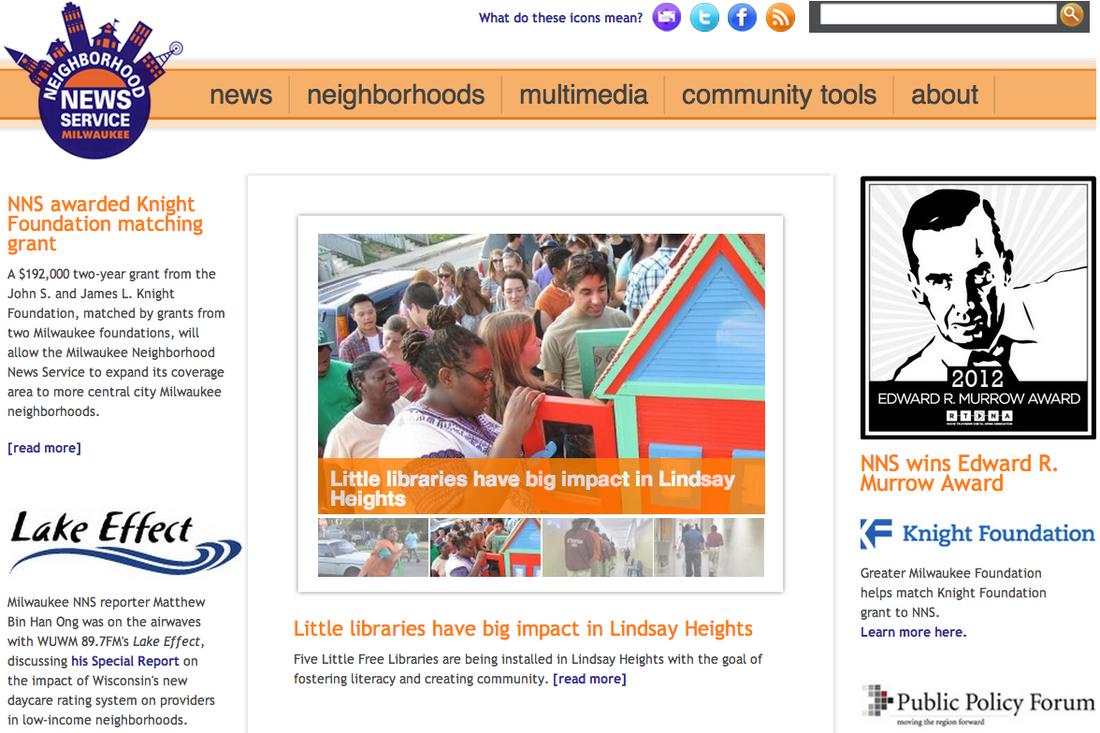
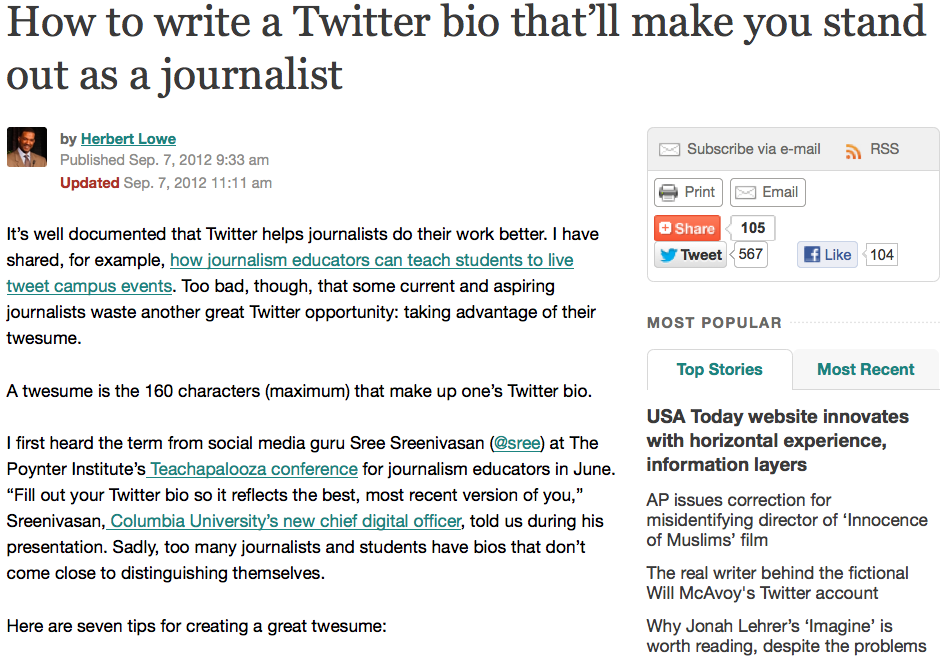
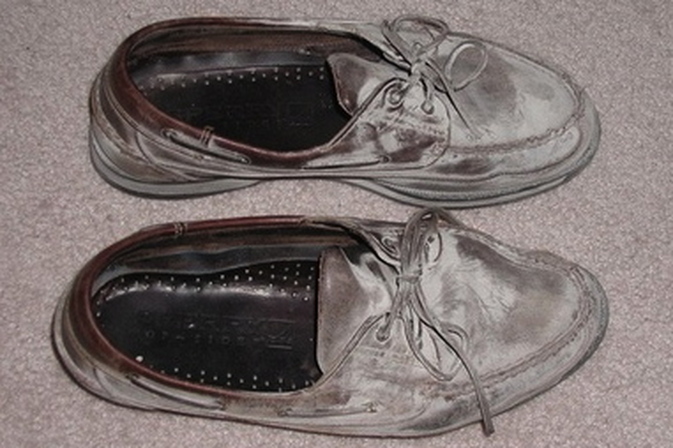
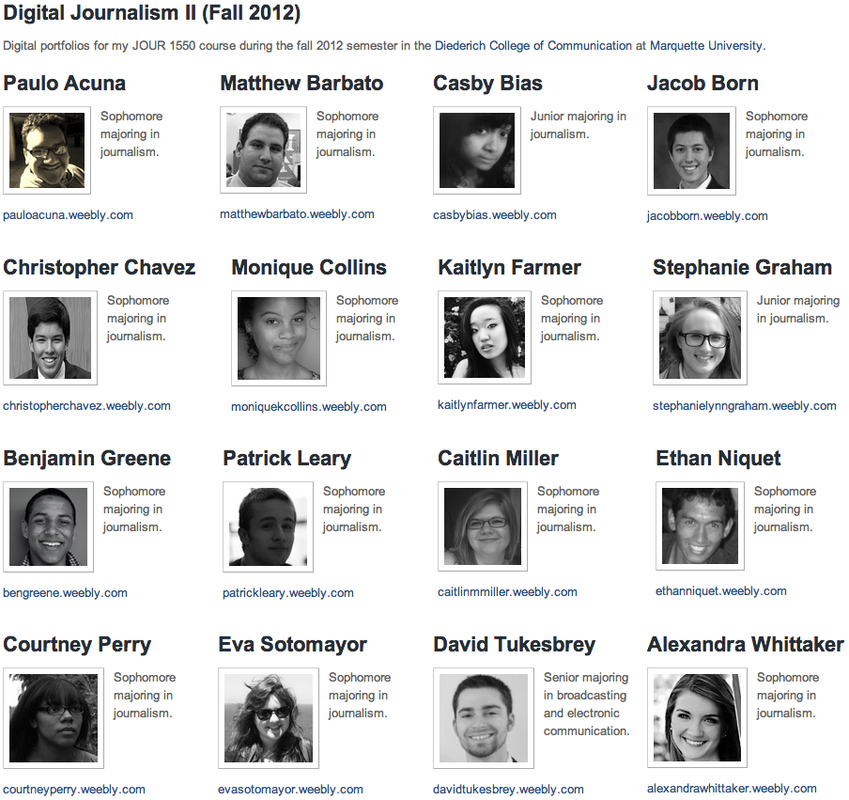
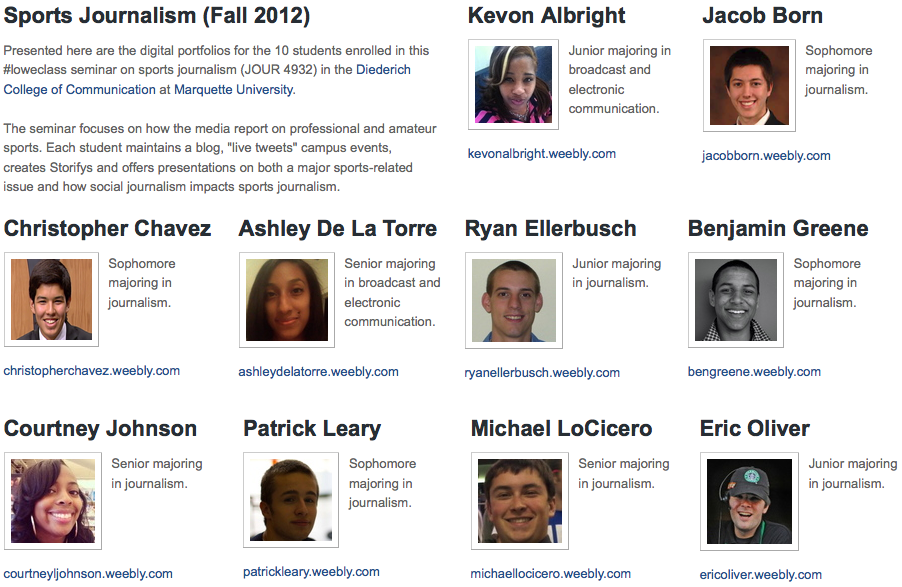





 RSS Feed
RSS Feed
